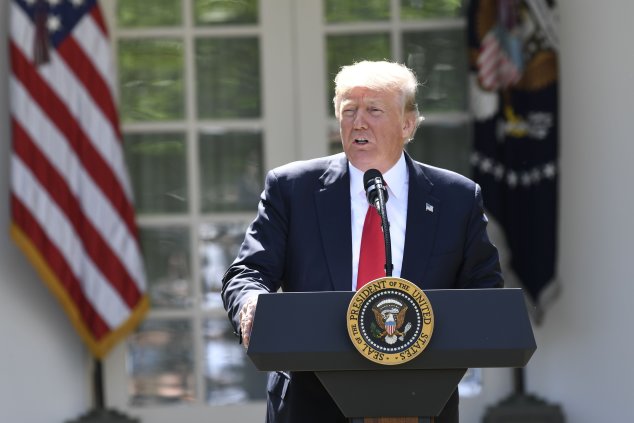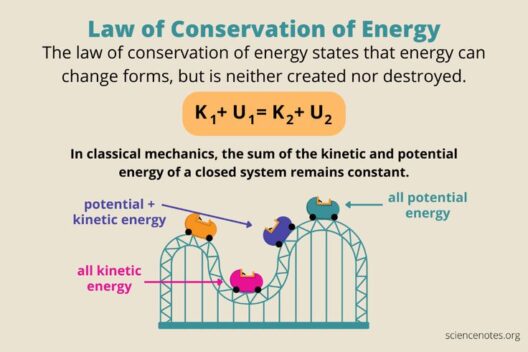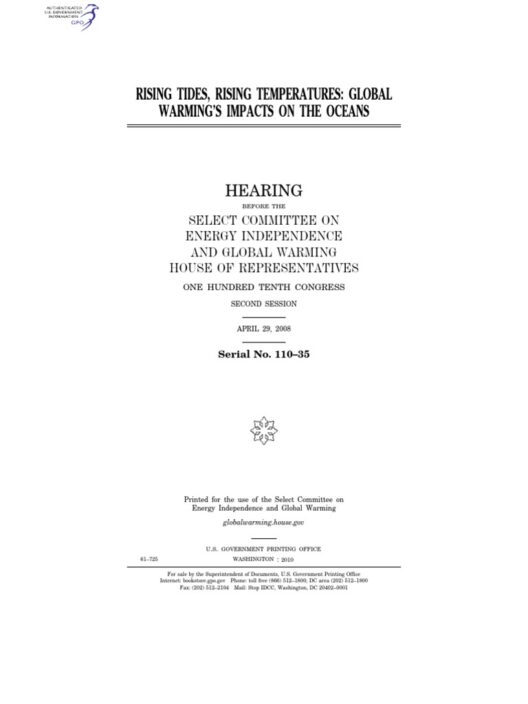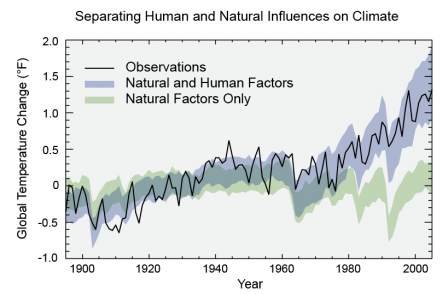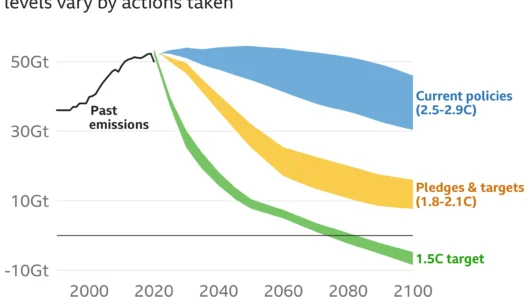In June 2017, President Donald Trump announced the United States’ withdrawal from the Paris Climate Agreement, a move that reverberated across the globe. This decision marked a dramatic pivot in U.S. environmental policy and elicited a plethora of responses ranging from outrage to resignation. To understand the complexities behind Trump’s withdrawal, one must delve into the multifaceted rationale that influenced this shift, examining both the political landscape and the broader ideological currents informing the decision.
At its core, the Paris Agreement, established in 2015, was designed as a global framework to combat climate change, with nations pledging to limit global warming to well below 2 degrees Celsius. The treaty embodied a collective aspiration for cooperation—a promise to safeguard the planet for future generations. However, for Trump and his administration, the agreement represented a perceived moral and financial quagmire, shackling the U.S. economy to obligations that he argued were disproportionate and detrimental to American interests.
One of the primary arguments that emerged from the Trump administration was the belief that the Paris Agreement imposed unfair economic burdens on the United States. The landmark agreement required developed nations to lead in emissions reductions, often at the expense of short-term economic growth. Trump’s narrative, likening the agreement to a “bad deal,” painted a picture of the U.S. as a beleaguered party being asked to carry the lion’s share of the financial weight while other nations, particularly developing ones, would not have to adhere to the same stringent standards. This rhetorical framing resonated with constituents who felt disenfranchised by elite environmental policies that seemingly prioritized global interests over domestic economic concerns.
Moreover, Trump’s withdrawal can be contextualized within a broader skepticism towards international agreements. The administration espoused a doctrine of ‘America First,’ which suggested that globalization, in many facets, eroded American sovereignty and authority. By extricating the U.S. from the Paris Agreement, Trump positioned himself as a defender of national prerogatives, aligning environmental policy with nationalist sentiments. This ideological stance fostered a false dichotomy between environmental stewardship and economic vitality, with Trump advocating for a more business-friendly regulatory environment as a pathway for growth.
The administration highlighted the financial implications of the accord, estimating potential job losses, increased energy costs, and economic stagnation as consequences of compliance. These assertions, while contested by numerous studies indicating the long-term economic benefits of transitioning to sustainable energy, fed into a narrative that painted a dire picture of environmental commitments as inherently anti-industrial. The emphasis was placed on the immediate and tangible economic gains that could materialize from the deregulation of energy sectors, particularly fossil fuels. Thus, a metaphor of economic rebirth emerged, where deregulation was likened to a phoenix rising from the ashes of regulatory constraints.
Trump’s withdrawal was also emblematic of a fundamental mistrust in scientific consensus surrounding climate change. The administration, at times, was dismissive of the prevailing scientific understanding of human-induced climate risks, thus framing the narrative around climate change as one of overblown alarmism. This distrust found expression in a rhetorical tactic that suggested an overreliance on climate models, which some officials claimed were prone to exaggeration. By undermining the scientific credibility of climate change initiatives, the administration sought to embolden a segment of the electorate that felt alienated by the predominant narratives in environmental advocacy, positioning itself as a champion of those skeptical of climate science.
Furthermore, the Trump administration’s withdrawal from the Paris Climate Agreement can be linked to the broader political dimension of climate change debates in the United States. Over the past few decades, climate change has become increasingly polarized along partisan lines, with Republican and Democratic ideologies diverging significantly on environmental policy. Trump’s decision reflected an entrenched partisan divide, mobilizing support among his base, which generally exhibited greater skepticism towards governmental intervention in markets, particularly regarding energy. Thus, the withdrawal can be viewed through the lens of political identity, where climate policy became an emblem of partisanship rather than a universal concern.
In the aftermath of the withdrawal, a resurgence of grassroots movements emerged, galvanized by a renewed urgency to combat climate change independently of federal directives. States, cities, and businesses stepped into the breach, reaffirming their commitments to the Paris targets. This local activism brought forth a unique tapestry of initiatives focused on sustainability, renewable energy, and environmental justice, challenging the narrative of federal disengagement. Herein lies a rich metaphor—the resilience of these grassroots actions reflects a diverse ecosystem responding to the drought of federal initiative, wherein localities bloom in efforts to restore ecological balance.
The ramifications of the U.S. withdrawal from the Paris Agreement resonated well beyond America’s borders, unraveling intricate threads of international diplomacy and cooperation aimed at addressing climate change. Countries united under the accord voiced disappointment, emphasizing the collective responsibility of nations to confront the escalating climate crisis. The withdrawal presented a stark reminder of the fragility of international climate commitments, as alliances built upon shared environmental goals were tested.
In summary, Trump’s withdrawal from the Paris Climate Agreement was a confluence of economic apprehensions, cultural ideologies, political identity, and skepticism towards climate science, resulting in a contentious decision with substantial global implications. The interplay of these factors created a narrative landscape where short-term economic interests were prioritized over long-term environmental stewardship. However, while national policies can shift, the relentless march of climate change continues, and the ensuing grassroots movements may well signify the evolution of a more resilient and unified global response to one of humanity’s most pressing challenges.


